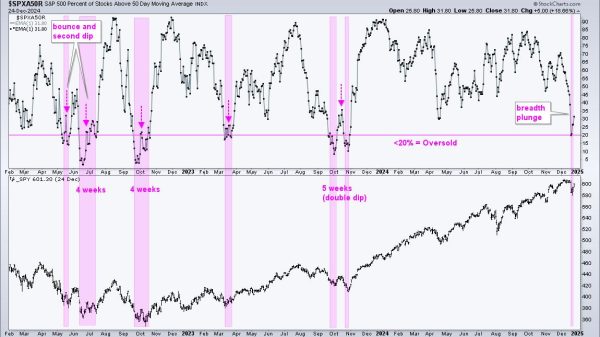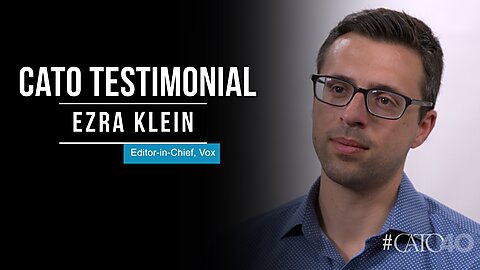Adam N. Michel
Representative Diana Harshbarger (R‑TN-01) recently introduced an updated and expanded bill to create universal savings accounts (USAs) with an annual contribution limit of $10,000. These new savings accounts would allow more Americans to build independent financial security through a flexible investment account without complicated rules for when or on what the funds can be spent.
The Universal Savings Account Act (HR 9010) adds a new tool for savers that, due to its simplicity, stands out from the existing list of overly complicated investment accounts, such as employer-administered 401(k) retirement accounts, Individual Retirement Accounts (IRAs), and 529 Plan education savings accounts. These qualified accounts remove taxes on capital gains, dividends, and interest, which function as a double tax on savers, discouraging investment (and encouraging current consumption).
A USA would function similarly to a Roth IRA—accepting after-tax contributions that can be withdrawn at any time tax-free—without the restrictions and penalties on using gains before retirement.
USAs encourage savings by cutting taxes; they also encourage savings by eliminating complexity. Existing special purposes savings accounts come with income and contribution limits, age restrictions, employer requirements, required minimum distributions, and restrictions on what and when the savings can be spent. These rules are enforced with steep tax penalties designed to increase the cost of accessing the savings for non-government-approved purposes.
Complexity and tax penalties discourage the use of existing savings accounts, especially among young and low-income savers for whom liquidity (easy access to funds) is most important. USAs fix these problems.
As I’ve written before, similar accounts in Canada, the United Kingdom, and South Africa are wildly popular, have increased personal savings, and are used by people at every income level.
In 2020, 40 percent of Canadian households contributed to a Canadian tax-free savings account (TFSA)—almost 60 percent own a TFSA—and 51 percent of TFSA account holders earned less than Canadian $50,000…. Willliam McBride concludes that “Canada’s tax-free savings accounts are a huge success,” and Garett Watson explains how the UK’s “individual savings accounts” should be a model for US policymakers “looking to encourage greater saving and financial security, particularly among low- and moderate-income households.”
A recent Tax Foundation report summarizing the benefits of USAs concludes that “over the long run, the most effective and sustainable way to improve financial security and upward mobility is through policies that lead to greater household saving and wealth accumulation at all levels of income.” A 2020 Joint Economic Committee analysis also found that USAs could support family formation, increase charitable giving, and deepen social ties. As has been demonstrated around the world, USA-type accounts improve financial security and economic mobility by allowing individuals to save for their own priorities, be it retirement, education, housing, entrepreneurship, child support, health, unemployment, or other emergencies.
In 2018, the House of Representatives approved a small USA (annual limit of $2,500) in the Family Savings Act that was part of a Republican effort to extend the temporary 2017 tax cuts. Rep. Harshbarger’s bill improves and expands on the previous USA proposals. One improvement follows a recommendation in my recent Senate Finance Committee testimony to expand the 2018 bill’s contribution limit to $10,000 to ensure the accounts can serve the majority of Americans’ saving needs—especially those who might save in fits and starts. The bill also includes an income limit that phases out access to the accounts for individuals with incomes over $200,000 (double that for married couples). Income limits create unnecessary complexity and unfairly deny the account’s benefits to higher-income Americans whose increased savings are just as beneficial for the economy and society.
As Congress prepares for the expiration of the Tax Cuts and Jobs Act at the end of 2025, it should look for ways to build on the 2017 tax cut’s successes. Rep. Harshbarger’s USA proposal should be key to any future pro-growth, pro-family tax reform.
























